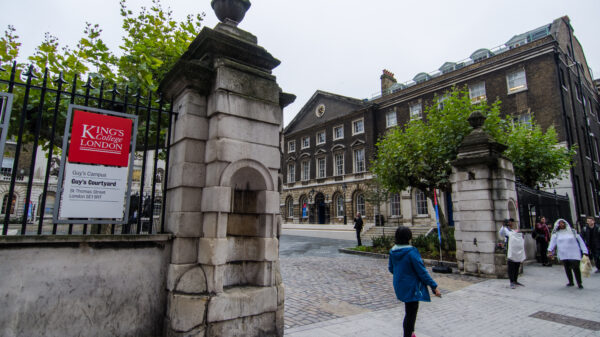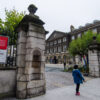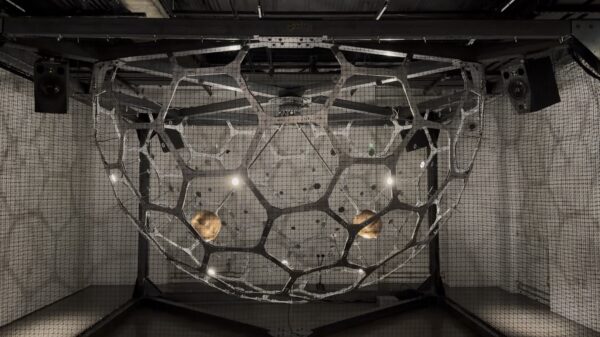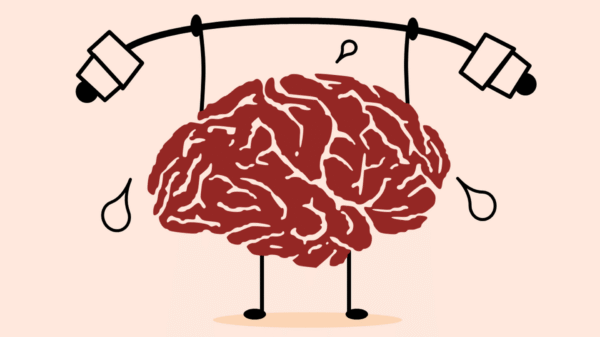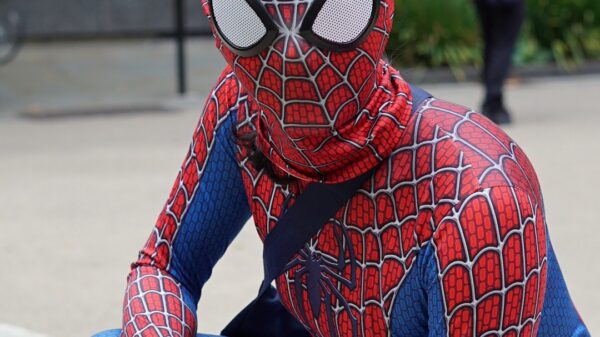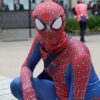From 11-13 November, King’s College London (KCL) played host to the 2025 Anniversary Conference of the Magna Charta Universitatum (MCU) and became one of its signatories. Staff Writer Isabella Steiner attended the second day of the conference.
The MCU was developed in 1988 and revised in 2025. It is “a declaration and affirmation of the fundamental principles upon which the mission of universities should be based”. It now has 1011 signatories.
These include the pursuit of high-quality knowledge and the creation of non-discriminatory spaces that foster equity and fairness. Other principles that were at the forefront of the discussion were academic freedom, academic neutrality, and the differences between the two.
The Magna Charta Observatory (MCO) directed the conference. It is an association
MCU signatories that uphold its principles.
Titled: ‘What are universities for? Higher education principles, values and responsibilities in a fragmented world’, the three-day conference gathered academics, students, and 36 university leaders from across the globe to discuss the key challenges that universities currently face. Events took place at Bush House.
The first day of the conference featured several events focusing on the MCO’s progress to date and its future plans and projects.
The second day opened with introductory remarks from the Vice-Chancellor of KCL, Shitij Kapur, and the Rt Hon Baroness Jacqui Smith, Government Minister for Skills, and for Women and Equalities. Kapur spoke about the role of universities amid growing political instability.
Vice-Chancellor Kapur commented that:
“I am delighted that we will get a global perspective on all of this, but for those in the West, this is a sobering moment, because universities find themselves in what seems like a fragmented world”.
The current division within universities was also a subject of discussion, particularly the role of universities in relation to the Israel-Hamas conflict. Vice Chancellor Kapur noted:
“Universities have always been sort of contentious, fractious places, but that was usually not the perception of the world outside.”
Smith emphasised the importance of asking about the role of universities in the particular context in which they are situated:
“How can universities shift their purpose to reflect the world around them, and particularly the place where they are situated?”
The conference’s introductory remarks were followed by a panel of speakers, including Wesleyan University President Michael S. Roth and former UK Minister of State for higher education, David Willetts.
Both Professor Roth and Mr Willets considered ways for universities to uphold the Magna Charta principles of intellectual independence while maintaining a stable relationship with the government.
Professor Roth was vocal about the challenges that academics currently face in the United States. He highlighted in particular the polarised political sphere and the executive attack on the US Department of Education.
By contrast, David Willetts expressed a “naive” optimism that the UK’s academic circuit would not be affected by the culture wars that American universities face. He made it clear that his optimism stems from the direct power of legislation and parliamentary scrutiny over university laws.
Audience members had twelve minutes to pose questions to the panel of speakers. Academics and students questioned whether institutional neutrality was an act of cowardice, or whether it serves as a tool for institutional protection.
There were other panels of speakers that continued throughout the day, including experts from international organisations such as the United Nations Educational, Scientific and Cultural Organisation (UNESCO) and the German Academic Exchange Services (DAAD)
Students also played a role in the conference. King’s College London (KCL) facilitated parallel sessions designed for students. They had the opportunity to engage in small debate groups. Some of the subjects included the identification of structural challenges, and the power of institutional collaboration and solidarity.
The conference also served as a prelude to the KCL’s signature of the MCU, which was held at the Chapel on 13 November. This was a paramount step in the university’s history, as it officially reaffirmed its commitment to academic freedom and social responsibility.
Vice-Chancellor Kapur remarked that:
“Our mission remains unchanged: to produce, transmit and disseminate knowledge as a public good, and that universities’ covenant with society is not only alive, but resolute.”
Professor of Higher Education and Policy Liviu Matei, who played an essential role in the organis,ation of the conference added:
“By hosting this global gathering of higher education leaders, the largest ever at King’s, to discuss what universities are for at a difficult moment in history, our College is recognized as a global leader in higher education.”
To read more about the MCU and MCO, click here.
To read more about events at KCL, click here.









